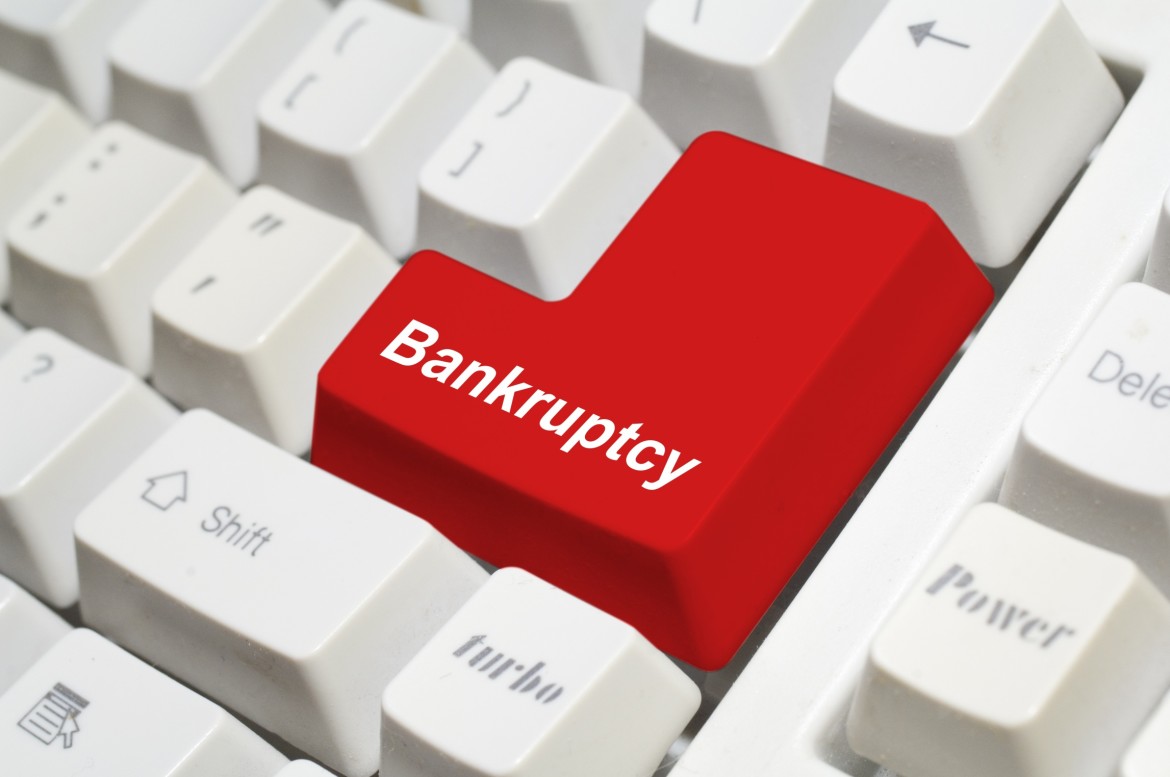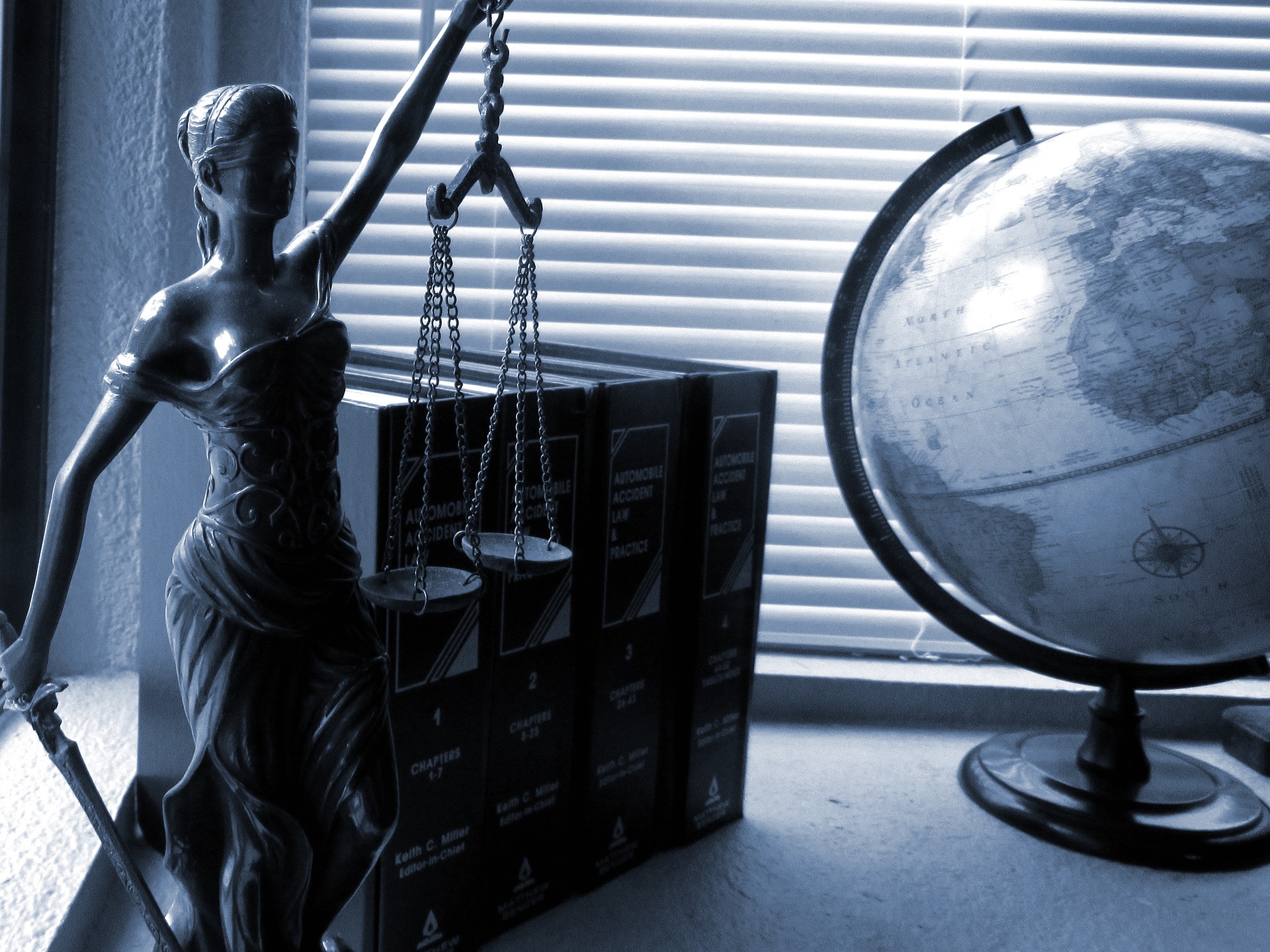Can bankruptcy help me?
If you cannot pay your debts, are receiving telephone calls from collectors demanding payment or are dealing with a lawsuit, bankruptcy may help you. One of the major aims of bankruptcy law is to give a financially distressed person an opportunity to make a new financial start. Filing bankruptcy generally results in the “discharge,” or release from obligation, of your debts — or at least of many of them — so that no further legal action can ever be taken against you on those debts. In short, bankruptcy gives you a fresh start. However, careful consideration should be given before filing for bankruptcy, because doing so may affect your credit and have other adverse consequences.
Chapter 7 is the most common type of bankruptcy. It is called a “liquidation bankruptcy,” because the debtor is relieved of personal liability for all debts (with certain exceptions). In return, a debtor must give up possession of the debtor’s assets (again, with certain exceptions). While a liquidation bankruptcy is a valuable tool for the debtor, a debtor only will be granted a discharge once every eight years. Once such a Chapter 7 bankruptcy is filed, it generally takes about 3 months to complete.
Some debts are not discharged by a Chapter 7 bankruptcy. The most common of these debts are child support, spousal support, criminal restitution and criminal fines. Other debts may or may not be discharged, depending on the particular circumstances. For instance, debts arising out of giving a false financial statement, fraudulent use of a credit card, or for willful and malicious injury may not be discharged. Personal income tax liabilities may be discharged depending on whether a tax return has been filed and sufficient time has passed. Educational loans can be discharged in whole or in part only after proving the existence of undue hardship, something which requires a separate proceeding from the bankruptcy case. Difficult legal questions come up when looking at these kinds of debts. To avoid serious problems, you should discuss these issues with an attorney before filing for bankruptcy.
Many people ask, “Will I have to give up all of my property if I file for bankruptcy?” The answer is usually that you will not. The law recognizes that some basic property is necessary and allows certain exemptions. “Exempt” means that you will be allowed to keep the property as long as the value of the property does not exceed certain amounts and you take the proper steps to claim the exemption in bankruptcy. You typically will have the option of choosing one of two alternative sets of exemptions: the state exemptions or what are typically called the federal exemptions. Depending on which set of exemptions you use, for many debtors certain property will likely be exempt. For instance, at the time of this writing, under the Oregon exemptions, may exempt an interest in one or more automobiles up to a total of $3,000. Household goods are exempt up to $3,000. Clothes and jewelry are exempt up to $1,800. A single debtor may exempt up to $40,000 of the debtor’s equity interest in a home. Two or more debtors who are members of the same household may exempt up to $50,000 of their home.
If you have lived in Oregon for at least the last two years, you may choose to use the federal exemptions. Under the federal exemptions at the time of this writing, you may exempt an interest in an automobile up to $3,775. Household goods, clothes, jewelry and musical instruments are exempt up to $12,250. A single debtor may exempt up to $23,675 of the debtor’s equity interest in a home. Two or more debtors who are members of the same household may exempt up to $47,350 of their home. If a debtor does not have a home, or is not using the exemption for a home, the debtor has an additional $11,850 to apply to any property, even if the property is already subject to an exemption. In addition to the foregoing, you have an additional exemption of $1,250 that can be used for any personal property.
Only property which you have, and income to which you are entitled, on the date you file bankruptcy is subject to the bankruptcy. Property which is acquired at a later date generally cannot be taken, regardless of the value. Some property, such as the right to an inheritance or proceeds from a divorce decree or divorce settlement acquired within 180 days after the date you file, may nevertheless be included in your bankruptcy. Under certain circumstances other property, such as your right to tax refunds for prior years or the current year, may also be included in your bankruptcy, even though you have not yet received the refunds.
If your property is subject to a security interest, or if your house is secured by a trust deed or mortgage, the property will not be exempt from the creditor holding the security agreement or trust deed or mortgage. If you want to keep the property, you will have to continue to make payments to prevent the creditor from repossessing your automobile or foreclosing on the house, despite the exemption from general creditors and from the bankruptcy trustee. For some personal property that is subject to a security interest, such as in purchasing (and financing) of an automobile, you may have to sign a formal agreement called a reaffirmation agreement, where you agree with the seller to continue making payments. This agreement has to be approved by either the court or your attorney as in your best interests. If the agreement is approved, you will not lose the automobile. However, you will have to keep making the payments in order to keep the automobile, and this debt would not be discharged in the bankruptcy.
As of this writing, the filing fee for a Chapter 7 bankruptcy is $335. This fee can be paid in three installments. No money is due on the date of filing and the first installment is due 30 days later. If your income is low enough, you may be entitled to a waiver of the filing fee.
Chapter 7 Bankruptcy does not Make Sense for Everyone
Other types of bankruptcies are available. You may file a Chapter 13 petition if you have debts within a certain range and have a regular income (whether from wages, unemployment or otherwise) and you wish to pay some or all of your debts when you can. Chapter 13 will permit you to propose to the bankruptcy court a plan for paying off your debts gradually, generally within three to five years, but the judge must approve the plan you propose. You will have to agree to give a portion of your income to a trustee who will distribute that money among your creditors on a pro-rata basis. You will not be able to pay only when you can, but will have to make the payments each month for a specified time period. You generally will not lose any of your property in a Chapter 13 case, and the court will restrain your creditors from garnishing your wages or taking other action against you and your property and sometimes even against a co-signer. You may not file a Chapter 13 if you are a corporation or partnership.
A somewhat similar bankruptcy, if you have a large amount of debts and are involved in a partnership or business, is a Chapter 11 bankruptcy. Chapter 11 primarily is used to reorganize business entities, such as corporations. There is also a somewhat similar bankruptcy for certain family farmers under Chapter 12. Finally, there is a Chapter 9 bankruptcy that applies to municipalities, and a Chapter 15 bankruptcy which applies to certain cross-border international situations.
Note that if you are “judgment proof,” bankruptcy may not be helpful. If you have only a few assets of minimal value, no income or your income is from unemployment, TANF or some other type of government benefits, or your wages are low enough, you may be judgment proof. This means that even if your creditors file suit against you and obtain judgments, they cannot take any of your property or garnish your income.
A creditor that does not have a security interest in particular property may not take any of your property or garnish your wages unless it files a lawsuit against you, serves you with a summons and complaint, gives you an opportunity to respond, and ultimately obtains a judgment. A judgment is not a court order that you have to pay any money. Rather, in most circumstances, a judgment is a court determination that you owe a certain amount of money. The judgment creditor has to determine how to collect the money specified in the judgment from your property or income.
Oregon law provides that certain property and income of a debtor is exempt from the claims of creditors, even if the creditors have obtained judgments. As described earlier, your automobile cannot be taken if it is worth less than $3,000. TANF, Social Security, unemployment and certain other government benefits cannot be garnished, and are generally protected even when deposited in a bank account. If you earn net wages of $218 per week or less, your wages cannot be garnished. A creditor can only garnish 25 percent of your net wages or the amount that your net wages exceed $218 per week, whichever is less.
Often factors to consider in deciding whether to file bankruptcy include: Am I likely to incur debts in the future that I cannot pay? Do I have medical insurance, automobile liability insurance, or am I otherwise at risk of incurring unexpected expenses? Do I have any property or income that a judgment creditor could take if I do not file bankruptcy? Even though I have a lot of debts that I cannot pay, will filing bankruptcy result in any more money for me after I pay my basic living expenses? Is my financial situation going to improve in the future and, if so, should I wait to file bankruptcy until that improvement happens? Should I delay filing bankruptcy so that I do not lose any property, such as the right to tax refunds?
There are a number of factors to consider in deciding whether bankruptcy is an appropriate option. You may wish to consult an attorney before proceeding to file for bankruptcy.
Note, exemptions on property amounts change over time, talk with an attorney to confirm that the amounts referenced are the current valuations. We are lawyers in Hermiston and Pendleton Oregon, serving Umatilla County.










